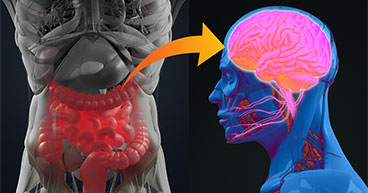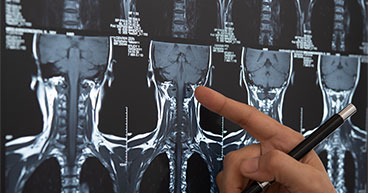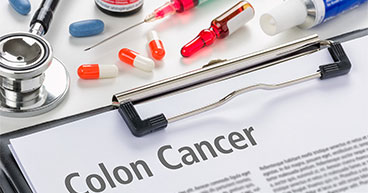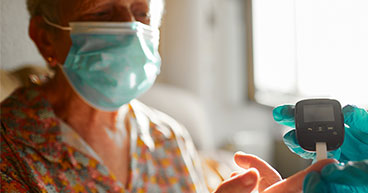


77 Posts

May 18, 2022
From the belly to the brain: How your gut plays a role in ‘chemo brain’ symptomsThe bacteria that swim in your colon may be altered in ways that impair your memory or thinking abilities, make you depressed or cause insomnia.

April 20, 2022
Patients have options to restore their voice after head and neck cancer treatmentFor patients with head and neck cancers, cancer symptoms and treatment side effects often complicate two innate tasks that are usually taken for granted—speaking and swallowing.

March 23, 2022
For prostate cancer patients, it’s always good to know the scoreThe Gleason score is a critical calculation designed to help determine the extent of the disease, the aggressiveness of the cancer cells and how it may be treated.

October 13, 2021
Weight loss may reduce cancer risk, but beware of fad dietsGood nutrition and a healthy weight may help cancer patients better tolerate treatments and reduce the risk of a recurrence. Losing weight may also reduce the risk of many cancers that have been linked to obesity.

August 17, 2021
Navigating healthy choices in the grocery storeCancer patients may find grocery shopping intimidating once they return home from the hospital. Get tips on what foods to choose and what to avoid.

July 1, 2021
The beef with red meat: Potential for increased cancer riskConcern is mounting that too much red meat, especially beef, may contribute to poor health and increased cancer risk.

May 25, 2021
5 ways to balance food and fun this summerWhen fun takes priority, as it should in summer, you may find yourself less focused on making the nutritious food decisions that are important during cancer treatment and survivorship.

May 14, 2021
Colon cancer diet: Navigating nutritional challenges during treatmentColon cancer and its treatment affects your body's ability to digest and absorb nutrients. This article explains what to eat when you have colon cancer.

May 11, 2021
Cancer and diabetes: The connection is in your DNAThe connections between diabetes and cancer have been obvious for decades, but only recently have scientists begun identifying a reason for the relationship.
Guidelines
The information contained in this blog is not intended nor implied to be a substitute for professional medical advice. Always seek the advice of your physician or other qualified health provider prior to starting any new treatment or with any questions you may have regarding a medical condition. Nothing contained in the blog is intended to be used for medical diagnosis or treatment of any illness, condition or disease.